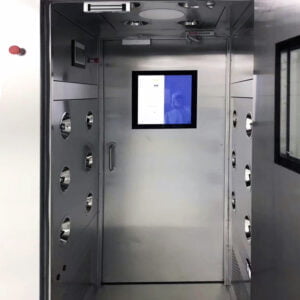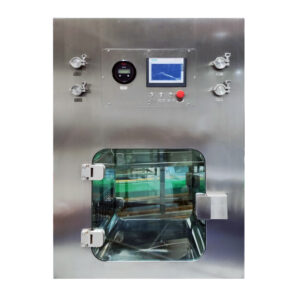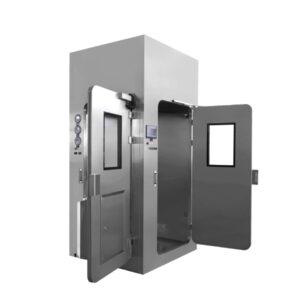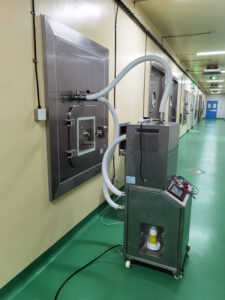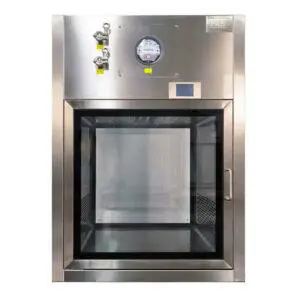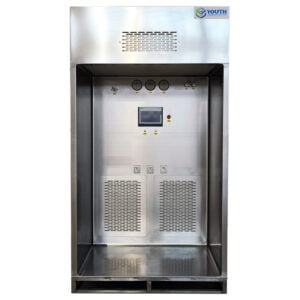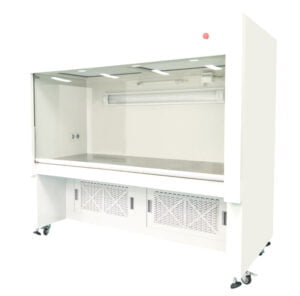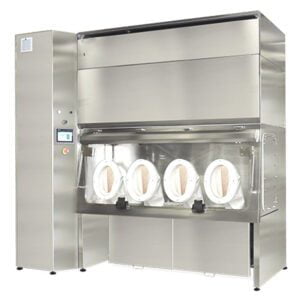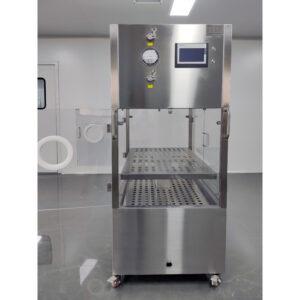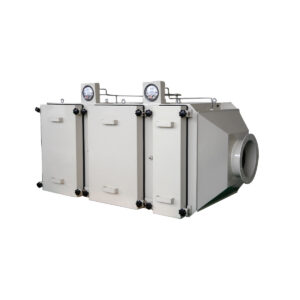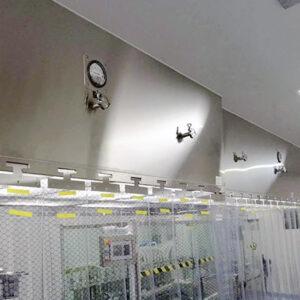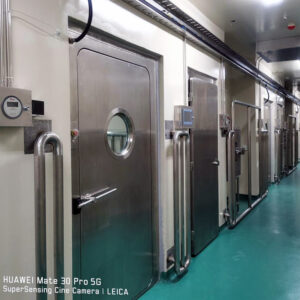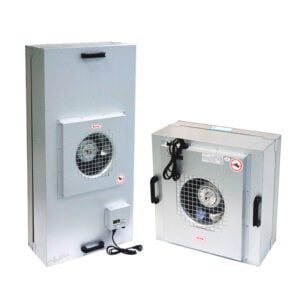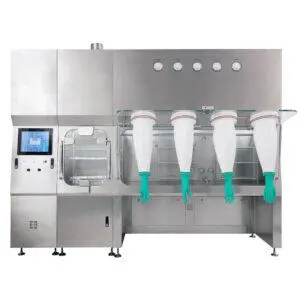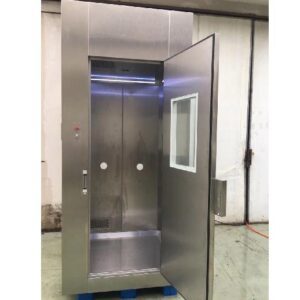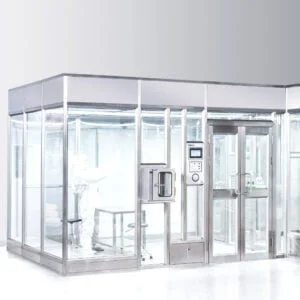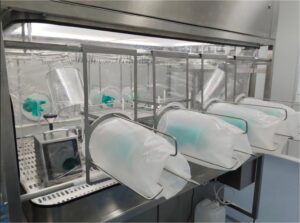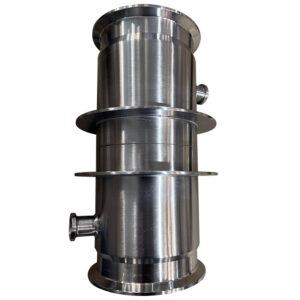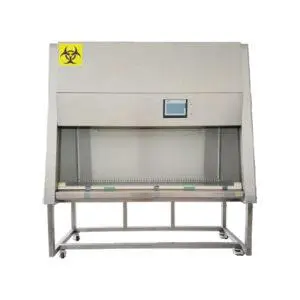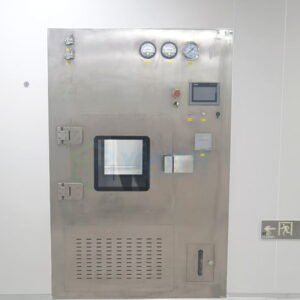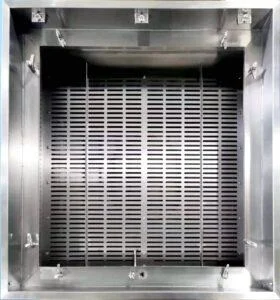Environmental stewardship is an increasingly critical component of industrial operations, particularly in the field of air filtration where the balance between operational efficiency and ecological responsibility is paramount. Bag-In-Bag-Out (BIBO) systems are lauded not only for their role in maintaining contaminant-free environments but also for their positive environmental implications. This article examines the inherent environmental benefits of adopting BIBO systems in various industrial processes.
Safeguarding Air Quality
BIBO systems are engineered to contain hazardous airborne particles during filter replacement, ensuring that these pollutants do not escape into the atmosphere. This highly effective containment contributes significantly to the preservation of surrounding air quality, making it a preferred choice for environmentally conscious organizations.
Minimizing Waste
Traditional filter disposal often necessitates complex and resource-heavy procedures to mitigate contamination risks. BIBO systems, with their specialized bagging technique, simplify the disposal process, resulting in less waste and a reduced ecological footprint. The bags used in the system are designed for secure containment, decreasing the likelihood of environmental leaks.
Reducing Carbon Footprint
The streamlined process of filter replacement with BIBO systems translates to reduced machine downtime and less frequent use of supportive HVAC equipment. This efficiency gain lowers energy consumption, which in turn decreases the carbon footprint of facilities that employ BIBO technology.
Promoting Sustainability
As industries move towards greener operations, BIBO systems align with sustainable practices by enhancing operational lifespan and providing options for recycling and safe disposal. Future innovations in BIBO design are likely to focus on environmentally friendly materials, further advancing their sustainability profile.
Compliance with Environmental Regulations
Regulatory bodies worldwide are setting stricter standards on emissions and waste management. Facilities with BIBO systems are better equipped to comply with these regulations, avoiding potential fines and contributing to a broader corporate responsibility agenda.
Case Studies on Environmental Impact
Real-world applications of BIBO systems demonstrate their environmental benefits across various sectors. In this section, case studies from pharmaceutical production, biotech research, and manufacturing industries can highlight the tangible ecological gains achieved through the use of BIBO technology.
Conclusion
In recapitulation, the Bag-In-Bag-Out system offers substantial environmental advantages, reinforcing its status as a pivotal technology in the domain of air filtration. With its air quality protection, waste minimization, carbon footprint reduction, and adherence to environmental regulations, BIBO systems exemplify how industrial processes can be reimagined to foster environmental well-being. As industries continue to grapple with ecological challenges, the role of BIBO systems will undoubtedly become more pronounced, situating them as an indispensable asset in the pursuit of a greener future.
Related Contents:
- Bag-In/Bag-Out (BIBO) Systems: Operation and Maintenance Guide
- Streamlining Waste Disposal with Bag-In-Bag-Out Systems
- Understanding YOUTH’s Bag-In-Bag-Out (BIBO) Systems: Ensuring Safety and Clean Air
- Addressing FAQs About Bag-In-Bag-Out Filtration Systems
- The Comprehensive Guide to Bag-in-Bag-Out (BIBO) HEPA Filter Replacement
- The Ultimate Guide to YOUTH’s Bag-In-Bag-Out (BIBO) HEPA Filter Replacement
- The Ultimate Guide to Innovative Bag-In-Bag-Out Technology
- Future Trends in Air Filtration: The Potential of Bag-In-Bag-Out
- The Ultimate Guide to YOUTH’s Bag-In-Bag-Out (BIBO) Systems: Ensuring Safety and Clean Air


